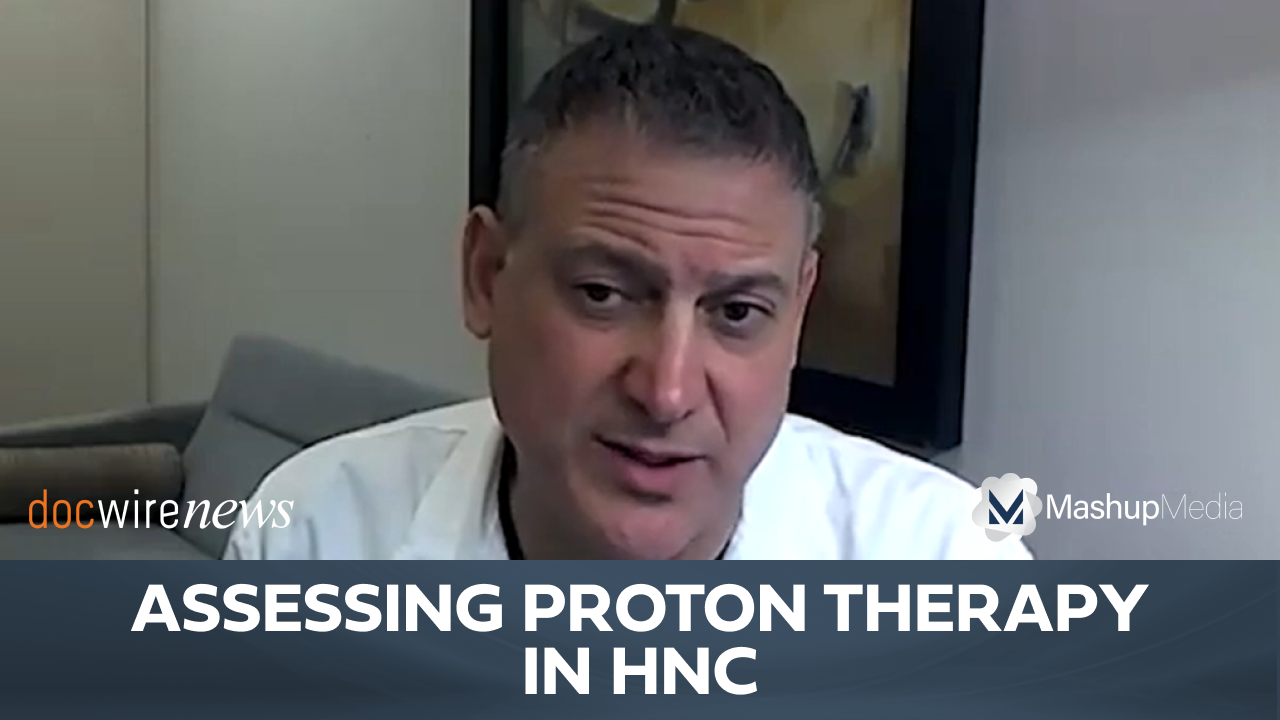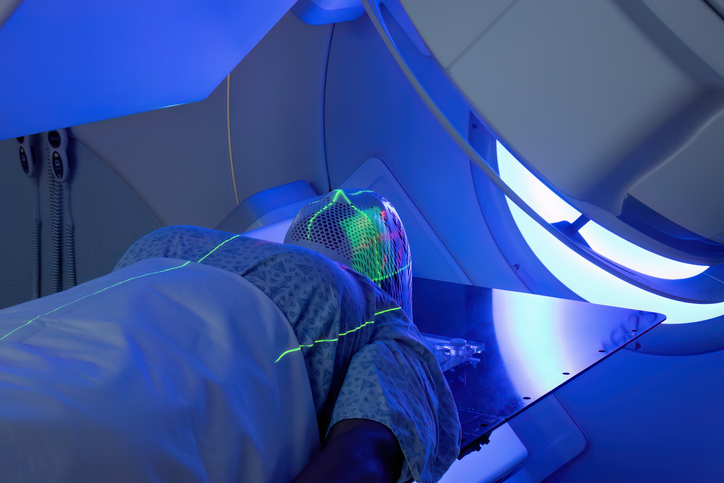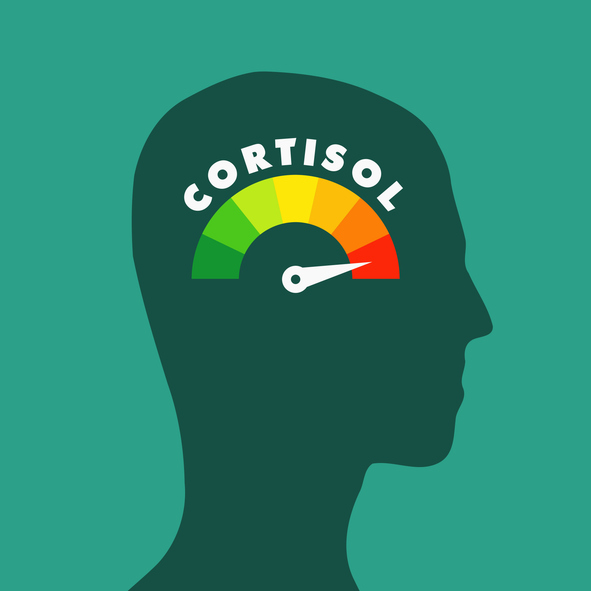
Children who require thyroid surgery have better clinical outcomes at high-volume surgery centers, according to a study published in the Journal of Pediatric Surgery.
The study was conducted at The Pediatric Thyroid Center at Children’s Hospital of Philadelphia (CHOP). N.Scott Azick, MD, Surgeon-in-Chief of CHOP and senior author on the study, said in a press release that CHOP is “the busiest center of its kind in the United States. Our highly skilled team performs at least 80 thyroid surgeries each year, along with the evaluation and management of care for hundreds of patients. We wanted to measure the advantages of being in a high-volume center and examine what that means for patient outcomes both before and after surgery.”
Researchers reviewed 464 (age range 2-24, median age, 15) patients who underwent thyroid surgery at CHOP from 2009 through 2017. They used routine recurrent laryngeal nerve and parathyroid hormone monitoring and performed lymph node dissections in a select number of cancer patients. The study’s data aggregation focused on pathologic diagnosis, surgical technique, as well as surgical complications, including postoperative hematoma, neurapraxia, permanent nerve damage, hypocalcemia, and transient and permanent hypoparathyroidism.
According to the study’s results, 33% of patients were diagnosed with benign nodules (n=151), 36% with papillary or follicular thyroid cancer (n=168), 27% with Graves’ disease (n=124), 3% with medullary thyroid cancer (n=14), and 1.5% underwent prophylactic thyroidectomy for MEN2a (n=7). Moreover, six patients required return to the OR for hematoma evacuation, including five patients after surgery for Graves’ disease (RR=8.7; 95% CI, 1.06 to 71.85). In 16 cases, concern about neurapraxia lead to laryngoscopy, which revealed 11 patients with vocal cord paresis, with two of those patients demonstrating a persistent deficit at 6-months postoperatively (0.4%).
Furthermore, 37% of patients had transient hypoparathyroidism (n=137), and two patients had persistent hypoparathyroidism six-months after total thyroidectomy (0.6%). Overall, there was no significant difference in either hypocalcemia or hypoparathyroidism after total thyroidectomy based on age or diagnosis.
Children requiring #thyroid #surgery have better outcomes at high-volume surgery centers https://t.co/c1HB5OgCZO
— Medical Xpress (@physorg_health) April 4, 2019
Low Complications at High-Volume Centers
“We reported extremely low complication rates after surgery, underscoring that a high-volume center with specialized pediatric surgeons well-versed in these procedures should be considered for children and adolescents who require surgery for thyroid disease,” said Andrew J. Bauer, MD, an endocrinologist and Medical Director of the Pediatric Thyroid Center at CHOP and one of the co-authors of the study.
“By seeing a higher volume of patients, our team is extremely skilled at ensuring an accurate and complete pre-operative evaluation, and selecting the best surgical plan for each patient based on their diagnosis. This approach is associated with optimizing outcomes while at the same time reducing complications for our patients and families.”
https://twitter.com/thedextazlab/status/1113839428760424448
Children requiring thyroid surgery have better outcomes at high-volume surgery centers https://t.co/lDvvHJBcU1 pic.twitter.com/bJDZRIjqob
— Bioengineer.org (@bioengineerorg) April 4, 2019







 © 2025 Mashup Media, LLC, a Formedics Property. All Rights Reserved.
© 2025 Mashup Media, LLC, a Formedics Property. All Rights Reserved.